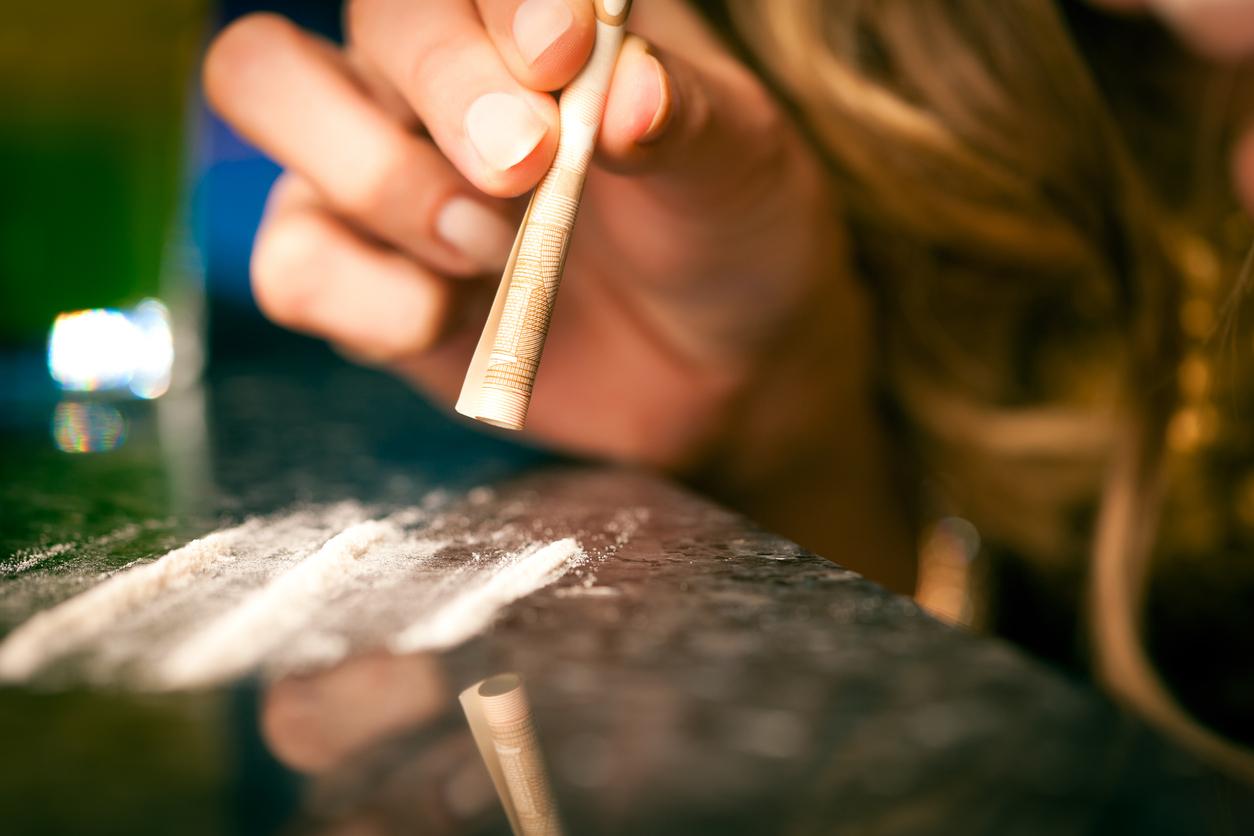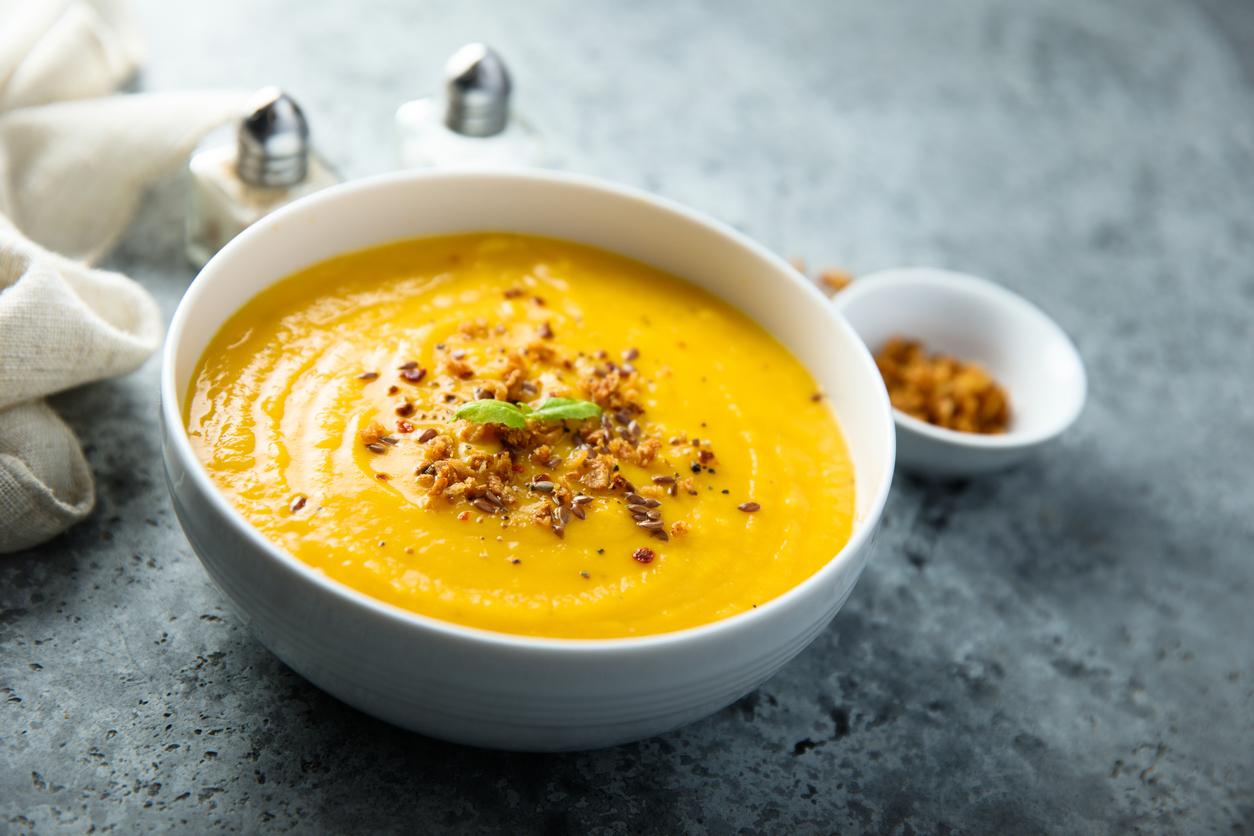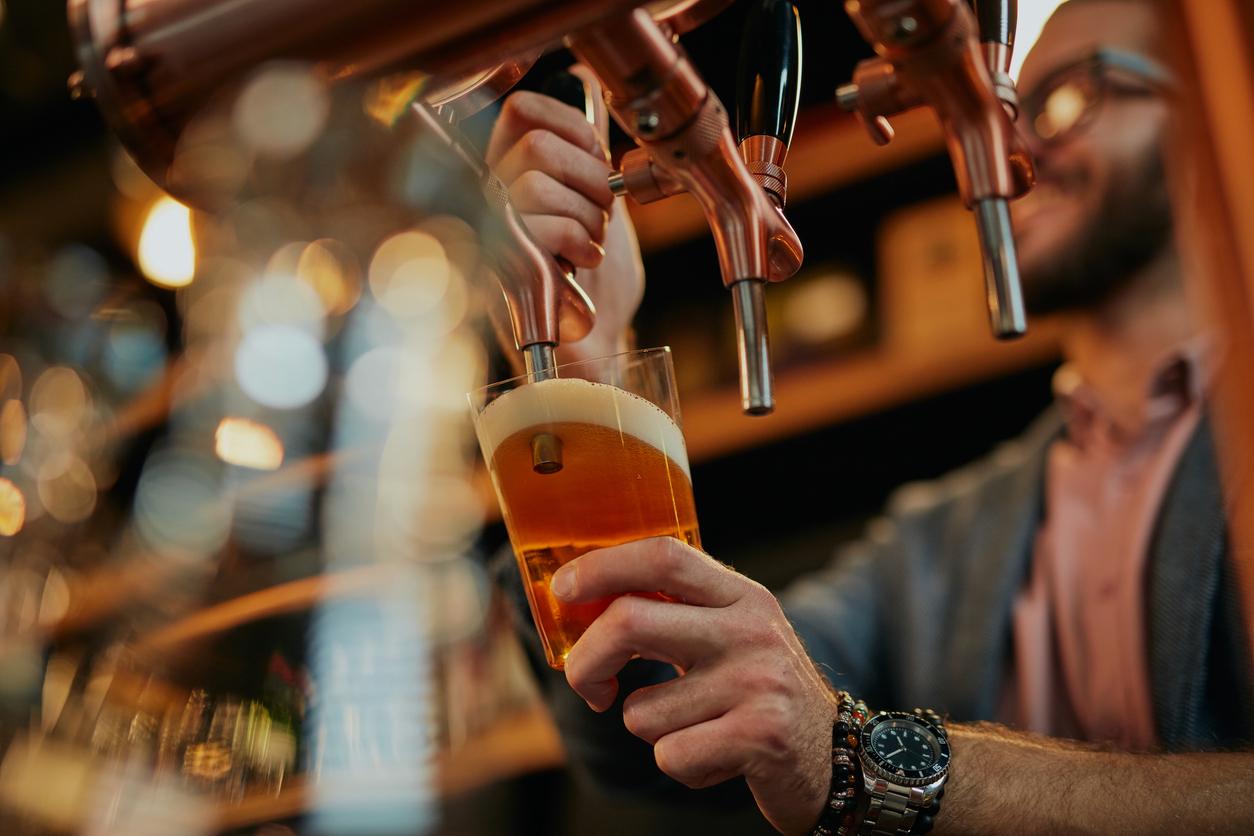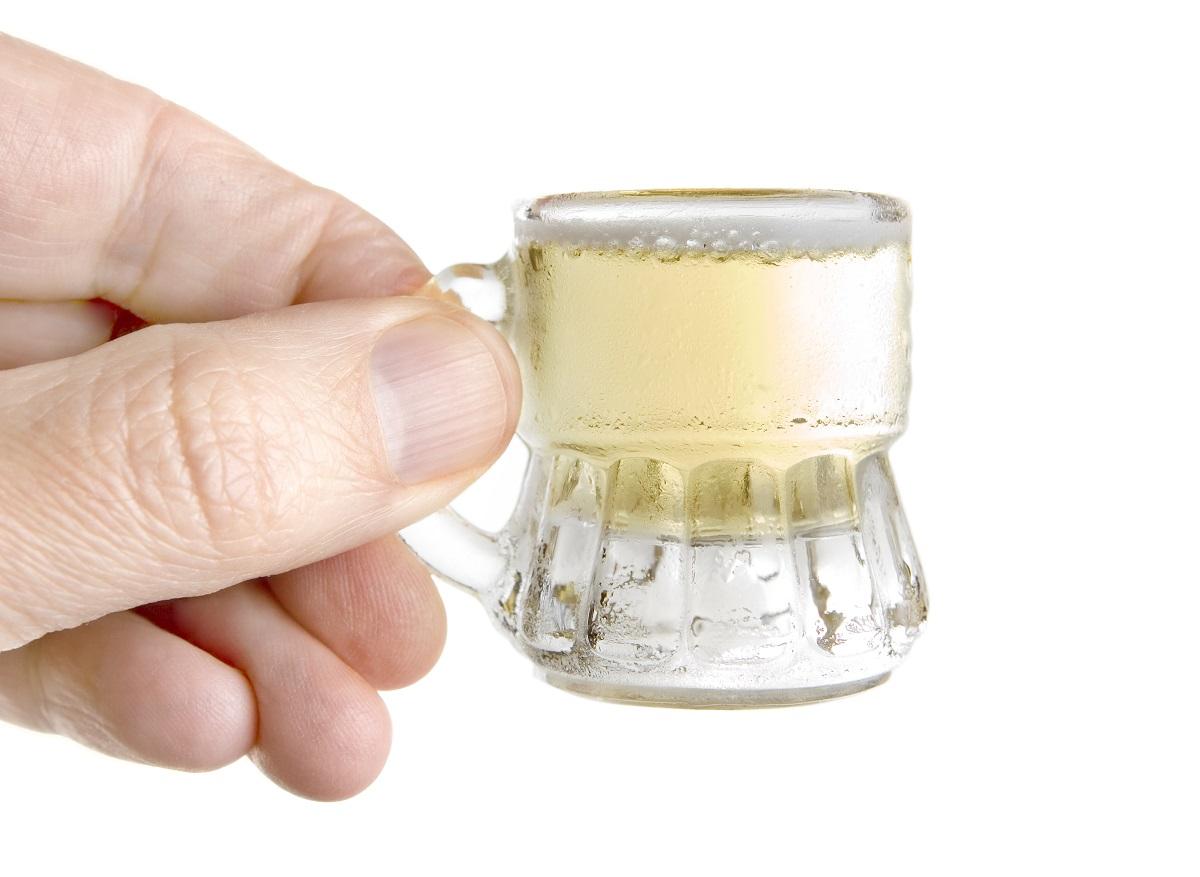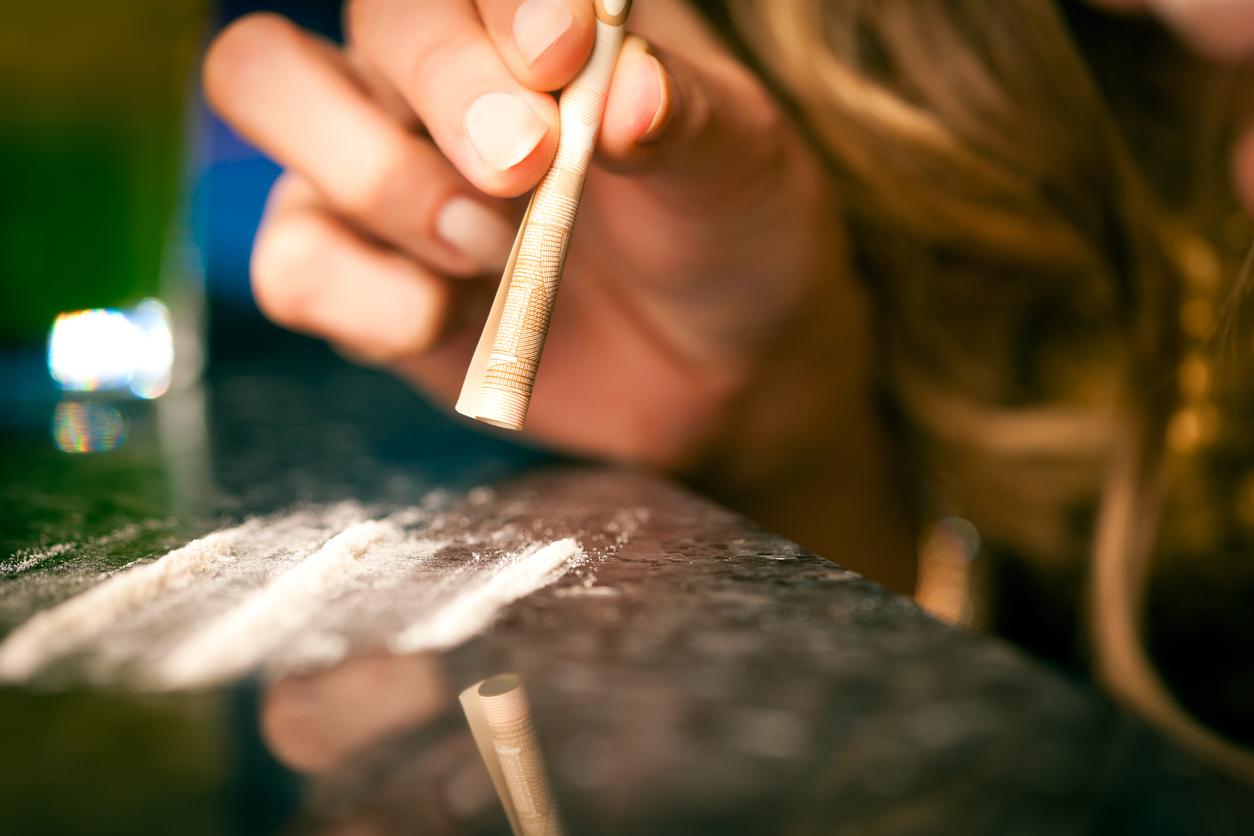
From today, it will be possible to drink a good soda, iced tea or flavored water in our favorite bars and restaurants to cool off. But are these drinks good for health and above all, what is actually found in these products? The magazine 60 million consumers wondered about it, we explain everything to you.
With these summer temperatures, it is normal to turn to the most refreshing drinks. The trend of the moment are the most “Natural” even more ” detox “ containing as little sugar as possible. Iced teas and flavored waters reign supreme in the hearts of the French who seek that perfect marriage between freshness and no added sugar. However, as a new comparative study of 60 million consumers, published in their last June issue, shows, these drinks are not always the best alternatives.
Too many sugars …
With more than forty references analyzed, the promise is far from being kept, since these iced teas and flavored waters contain a large amount of sugar, contrary to what they claim on their packaging. For iced tea, nearly 9 out of 14 products have a Nutri-Score D, and one, an E rating (the worst Nutri-Score rating). Asked about this by France Info, the journalist Patricia Chairopoulos, in charge of the investigation, is unanimous, since it is about “The sweetest category of our test, and as such, only two references out of 14 obtain a Nutri-Score B, most of them being D, even E, that is to say drinks not recommended or to consume from exceptional way and in small quantities ”. The amount of sugar for this type of drink is also huge, “The last in the ranking provides 17 grams of sugar in a single 20 cl glass, ie a third of the recommended limit for a day. And even the “best” still contain 9g of sugar per glass, or the equivalent of about 1.5 lumps of sugar “, she adds.
… The alternative to sugar: sweeteners!
Obviously, when it comes to flavored waters, the situation is not so different. Since manufacturers compensate for the small amount of sugar with aromas! This is also confirmed by the study of 60 million consumers, out of the 14 lemon-flavored waters, more than half contain no citrus. Journalist Patricia Chairopoulos specifies that “Others are below 5 grams per 20cl glass (or less than a lump of # 4 sugar), which is still acceptable. Conversely, a reference contains more than 15 g per glass, which is very close to the maximum levels observed in infusions and iced teas “. However, it should be noted that less than a third have a Nutri-Score B, guaranteeing a correct nutritional quality, that is to say, without added sugar. In addition to sweeteners, the ubiquity of additives to compensate for the fruit content is also problematic in this type of drink.
Thus, the magazine 60 Million Consumers warns its readers and is critical of the mention ” natural flavor “ since “Without further clarification, it means a flavor of natural origin, extracted or made from other ingredients. Thus, decalactone, naturally present in peach, can be produced via the fermentation of castor oil by yeasts. We are far from the fruit ”, they add.







